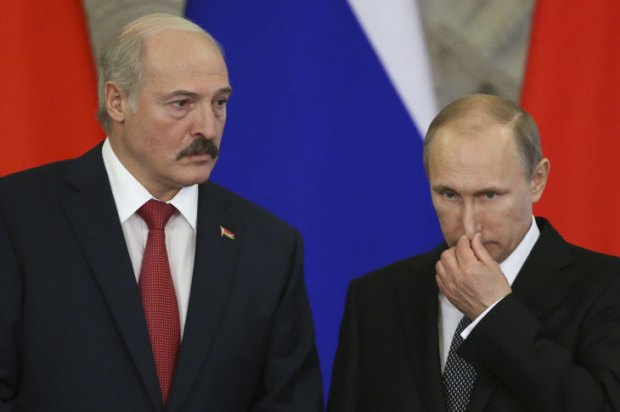Underpinning Orwell’s most chilling dystopian vision was the belief that controlling what people say is half way to controlling what they think. That if enough people are forced to say something they know to be false for long enough, they will eventually accept it as true – in much the same way that if you make the sheep at the front of the flock jump over a stick, the sheep behind them will continue to jump even after you have removed the stick. For all his much-admired solidarity with the working classes, Eton-educated Orwell had a worryingly paternalistic view of the ordinary man or woman’s intellectual capacity, and I’m not sure that most of us are quite so ovine and suggestible. But when the mainstream media is complicit in the deception, and when it is compounded on an industrial scale by social media, there is certainly a zeitgeist tipping point beyond which it takes real mental resilience not to go with the flow. Just to be on the same page as our peers even the most reactionary amongst us eventually pay lip service to the new canard, and before very long we find ourselves digesting the whole duck and Big Brother has won.
When great artists set out to reveal human weakness, of course, they also provide road maps for those on less laudable missions. And while Orwell would have been relieved to learn that a boot stamping on a human face forever is no longer a totalitarian default, seventy years after the publication of his most famous novel the deliberate misuse of language is still an important part of the arsenal of those who aspire to power. In modern Western democracies, however, it is less likely to be the brutal subversion of a word’s meaning than its more subtle distortion by association. In the first half of the 20th century, for example, you might have described someone as ‘chauvinist’ when commending the strength of their patriotism or loyalty to a cause. Through the 1960s and 1970s, however, feminists and a sympathetic left-leaning media collaborated to ensure that word was never used except as the filling of a semantic sandwich between the words ‘male’ and ‘pig’. Once tarred by these brushes a term once used as a compliment was dropped altogether by polite society, and today nobody would use it with anything but perjorative intent.
We can observe precisely the same subtle process currently being used to undermine the meaning and respectability of the concept of masculinity. Not very long ago, you would use the adjective masculine when referring to a person’s chromosomal inheritance – and nobody so described would be offended. But in just the last few months, it seems, the word ‘masculinity’ has undergone a Kafkaesque transformation, and now, even when you see or hear it on its own, it is hard not to mentally supply the prefix ‘toxic’. Indeed this portmanteau term has been taken up so enthusiastically by the media of all stripes that it won’t be long before there is a consensus amongst a very large section of society that there is no masculinity other than the toxic variety. As far as that large section of society is concerned, this will be enough to accord anyone who happens to be born with a penis pariah status. And if you think this bodes ill for the men of the Anglosphere, spare a thought for the speakers of most of the other languages of the word, for whom the word ‘masculine’ is also a descriptor for roughly 50 per cent of all nouns.
But perhaps that’s where the madness will be stopped. Because if there is one nation which treasures its linguistic traditions – and which would defend its grammatical integrity even perhaps to the point of taking to the streets (rather than just Twitter), it is the French. And there is something else about the French which should give even more hope to the male population of an increasingly woke planet. Some of the most outspoken critics of the #MeToo movement – and, ergo, some of the most outspoken supporters of binary masculinity – have not just been French, they’ve been French women. Vive le mot juste! Aux barricades, citoyennes!
Got something to add? Join the discussion and comment below.
Get 10 issues for just $10
Subscribe to The Spectator Australia today for the next 10 magazine issues, plus full online access, for just $10.
You might disagree with half of it, but you’ll enjoy reading all of it. Try your first month for free, then just $2 a week for the remainder of your first year.















Comments
Don't miss out
Join the conversation with other Spectator Australia readers. Subscribe to leave a comment.
SUBSCRIBEAlready a subscriber? Log in